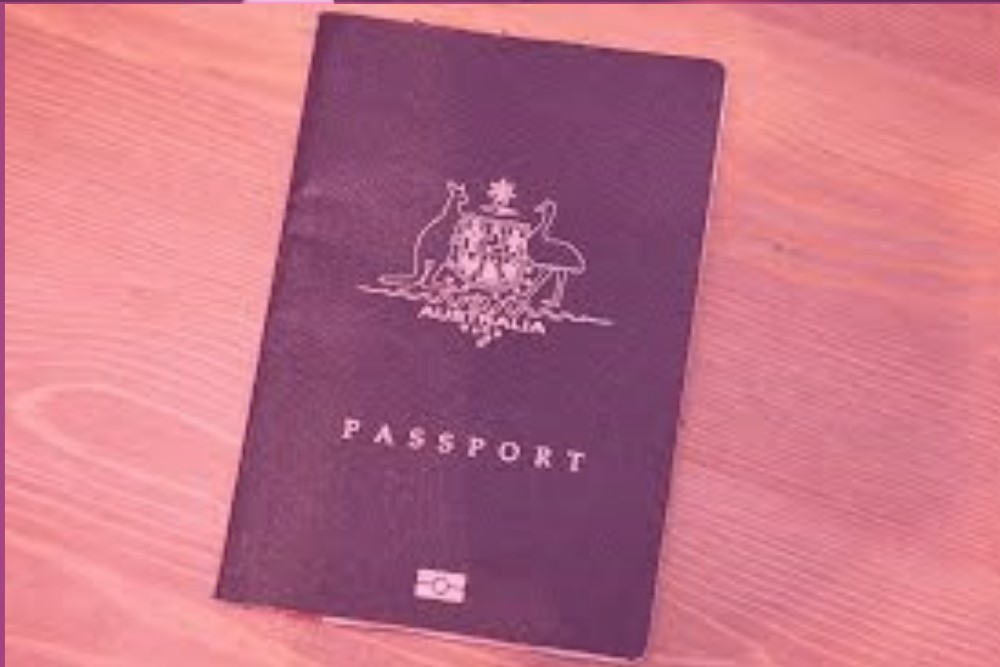A permanent resident is a person who has been granted a permanent Australian visa that allows them to live in the country indefinitely. A person may be apply for and be granted a permanent visa from offshore or from onshore. This page deals with permanent residency in Australia.
What rights come with permanent residency?
A person who has been granted permanent residency has many of the same rights and entitlements as an Australian citizen. They may live, work and study in Australia and receive Medicare benefits and Centrelink benefits.
However, permanent residents do not have the right to vote in Australia elections. They also do not have an automatic right of entry to the country. They must carry a travel authority.
Some permanent residents – such as holders of Permanent Humanitarian Visas – are entitled to access a HECS-HELP loan to undertake tertiary study. However, most permanent residents do not have this access.
Types of permanent visa
There are many different types of permanent visa that can be granted under the Migration Act 1958. These include:
- family-stream permanent visas
- work-stream permanent visas
- business or investment-stream permanent visas
- other types of permanent visa – including the retirement visa, the global talent visa and refugee and humanitarian visas.
Family-stream permanent visas
A person can apply for a permanent family-stream visa if they are the partner, child, parent or dependent of an Australian citizen or permanent resident.
With many family-stream visas, a person applies for the temporary and the permanent visa at the same time and the temporary visa leads directly to the permanent visa, provided all visa conditions are complied with and the holder continues to pass the character test and the health requirement.
A person can be sponsored for a permanent family-stream visa if they intend to move to Australia to care for a family member long term.
Work-stream permanent visas
A person can be sponsored by an employer for a work-stream permanent visa. A person will qualify for one of these visas if they have skills that are considered valuable. Such skills are listed on the Department of Immigration’s skilled occupation list.
Many, but not all, work-stream visas require sponsorship by an employer.
Some work-stream permanent visas can only be applied for from onshore. Others, such as the Skilled Nominated Visa subclass 190, can be applied for from offshore. This visa requires a skillset that is in demand in Australia.
As well as meeting other eligibility criteria, the applicant must pass the health and character requirements.
Business or investment-stream permanent visas
A person who owns or manages a business in Australia or who invests in Australia can apply for a permanent business or investment-stream visa to allow them to remain in the country permanently. These visas can be applied for from onshore or offshore.
The applicant must meet various eligibility criteria concerning the type of business or investment they hold and the value of the assets they hold, as well as passing the character test and the health requirement.
Cost
There are significant application fees associated with permanent visas. There are also additional charges imposed where there are additional persons included on the application.
Applying for citizenship
A person who has obtained permanent residency may then want to apply to become an Australian citizen. There are different criteria for applying for citizenship depending on a person’s situation. For example, a person aged under 15 who applies for citizenships must be living with a responsible parent who consents to their application.
A permanent resident is eligible to apply for citizenship if:
- they have lived in Australia on a valid visa for at least the last four years
- have held a permanent visa for the 12 months before applying
- not have been absent from Australia for more than 12 months it total in the last four years and not for more than 90 days in the 12 months before applying
A permanent resident who is aged under 16 does not have to meet the requirements.
A person aged over 18 who applies for Australian citizenship must also be of good character. This will be assessed based on whether the person has:
- any criminal convictions
- association with people of concern
- incidents of reported domestic violence
- been honest in their dealings with the Australian community including providing correct information in support of visa applications
In order to obtain citizenship, a permanent resident must also pass the citizenship test, which assesses their knowledge of English, their knowledge of Australia and commitment to Australian values and their knowledge of what is means to be an Australian citizen.
The applicant must be likely to continue to live in Australia or maintain a strong connection with Australia while overseas.
If you require legal advice or representation in any legal matter, please contact Taylor Rose.




